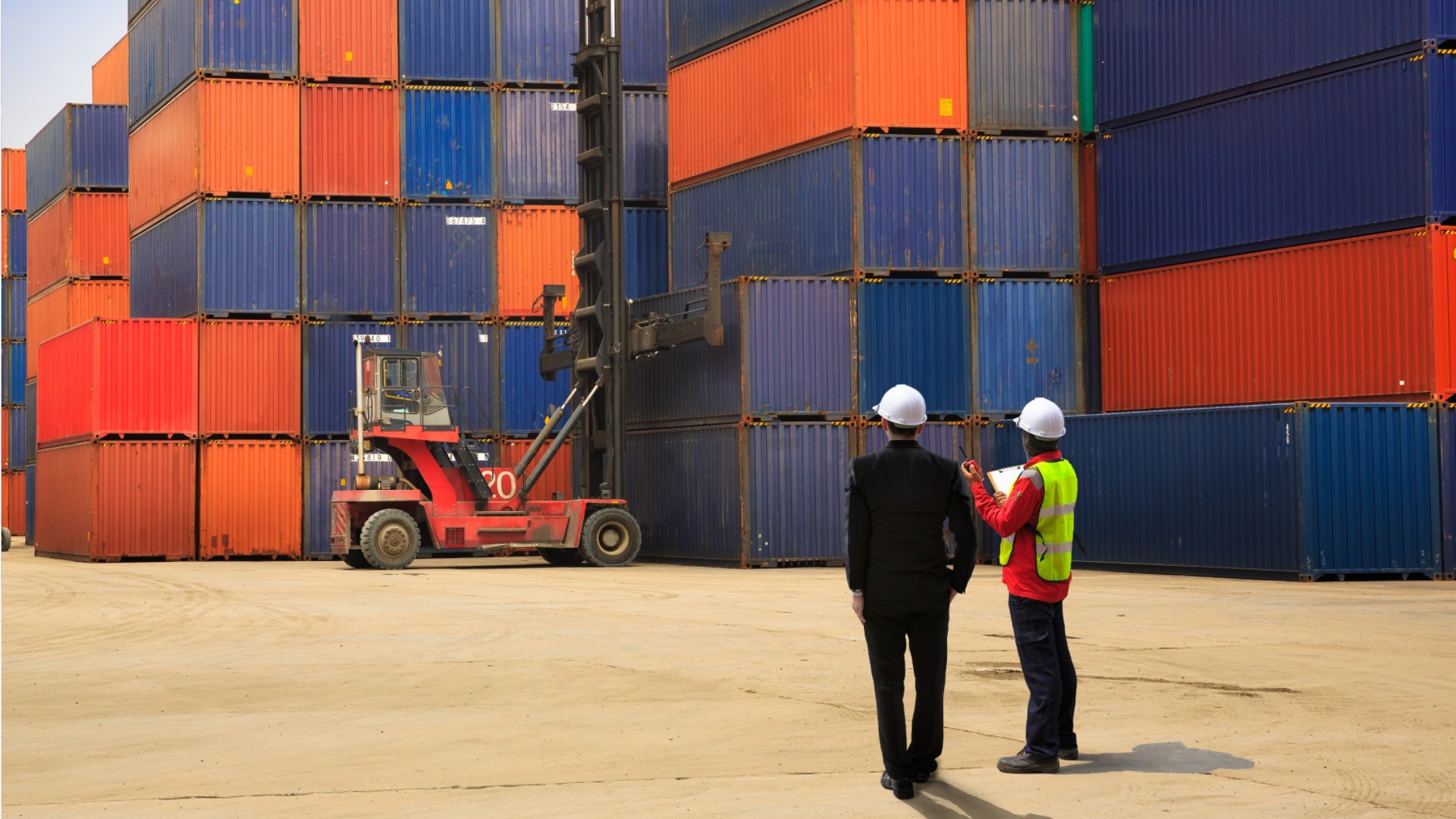Logistics Engineers
Logistics Engineer, Reliability Engineer, Supportability Engineer, Systems Engineer
What they do:
Design or analyze operational solutions for projects such as transportation optimization, network modeling, process and methods analysis, cost containment, capacity enhancement, routing and shipment optimization, or information management.
On the job, you would:
- Identify cost-reduction or process-improvement logistic opportunities.
- Analyze or interpret logistics data involving customer service, forecasting, procurement, manufacturing, inventory, transportation, or warehousing.
- Prepare logistic strategies or conceptual designs for production facilities.
Knowledge
Engineering and Technology
- product and service development
- computers and electronics
Math and Science
- arithmetic, algebra, geometry, calculus, or statistics
Transportation
- movement of people or goods by air, rail, sea, or road
Manufactured or Agricultural Goods
- manufacture and distribution of products
Skills
Basic Skills
- writing things for co-workers or customers
- figuring out how to use new ideas or things
People and Technology Systems
- figuring out how a system should work and how changes in the future will affect it
- measuring how well a system is working and how to improve it
Problem Solving
- noticing a problem and figuring out the best way to solve it
Abilities
Verbal
- read and understand what is written
- communicate by speaking
Math
- choose the right type of math to solve a problem
- add, subtract, multiply, or divide
Ideas and Logic
- come up with lots of ideas
- make general rules or come up with answers from lots of detailed information
Personality
People interested in this work like activities that include data, detail, and regular routines.
They do well at jobs that need:
- Innovation
- Achievement Orientation
- Intellectual Curiosity
- Attention to Detail
- Dependability
- Adaptability
Technology
You might use software like this on the job:
Analytical or scientific software
- Minitab
- SAS
Presentation software
- Microsoft PowerPoint
Materials requirements planning logistics and supply chain software
- Logistics Support Analysts SmartLogic
- Warehouse management system WMS
Education
Education: (rated 4 of 5)
bachelor's degree
usually needed
usually needed
Job Outlook
Bright
New job opportunities are very likely in the future.
Explore More
- Industrial Engineers
- Logisticians
- Logistics Analysts
- Supply Chain Managers
- Transportation, Storage, & Distribution Managers
You might like a career in one of these industries:
See more details at O*NET OnLine about Logistics Engineers.






